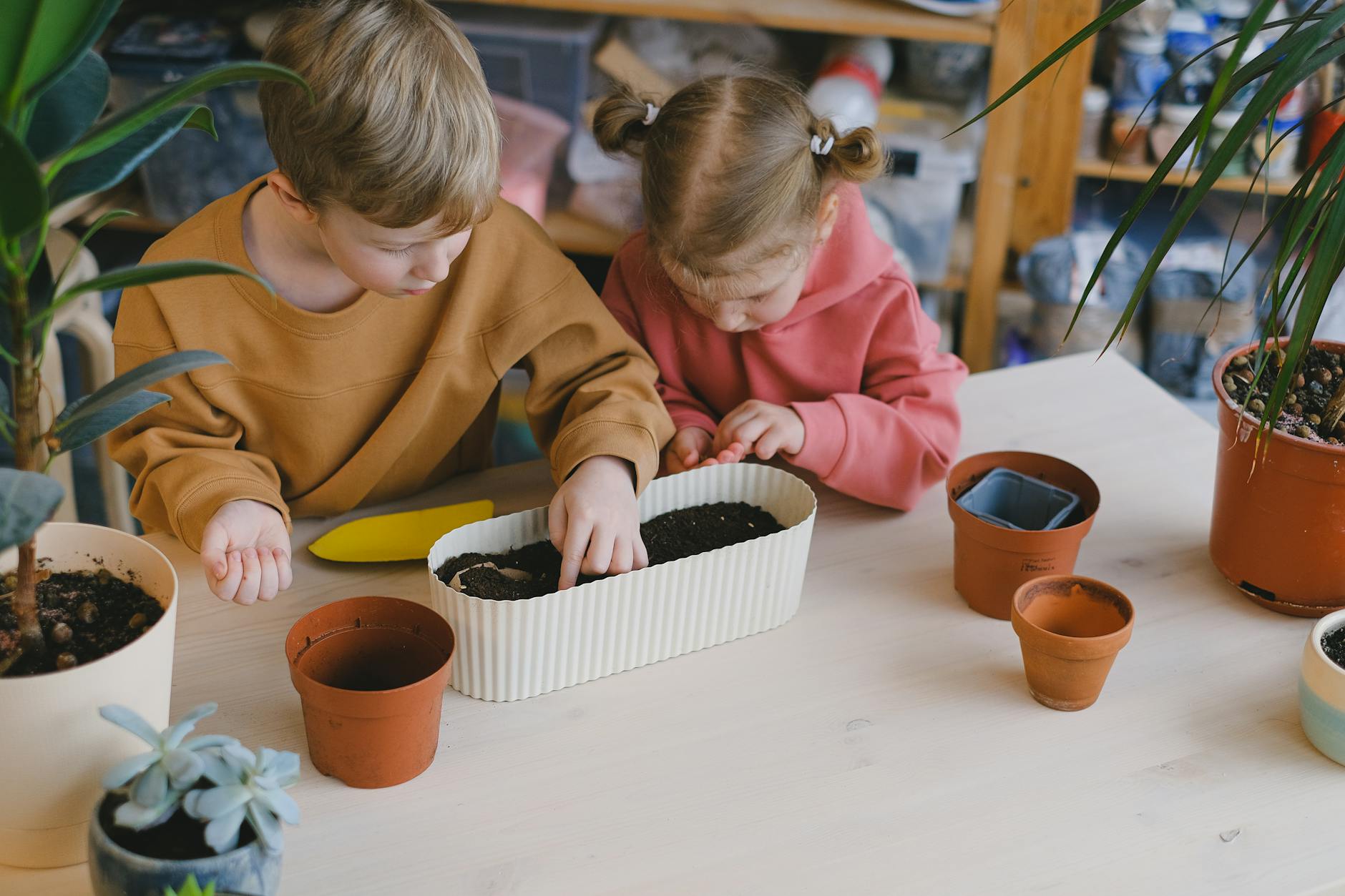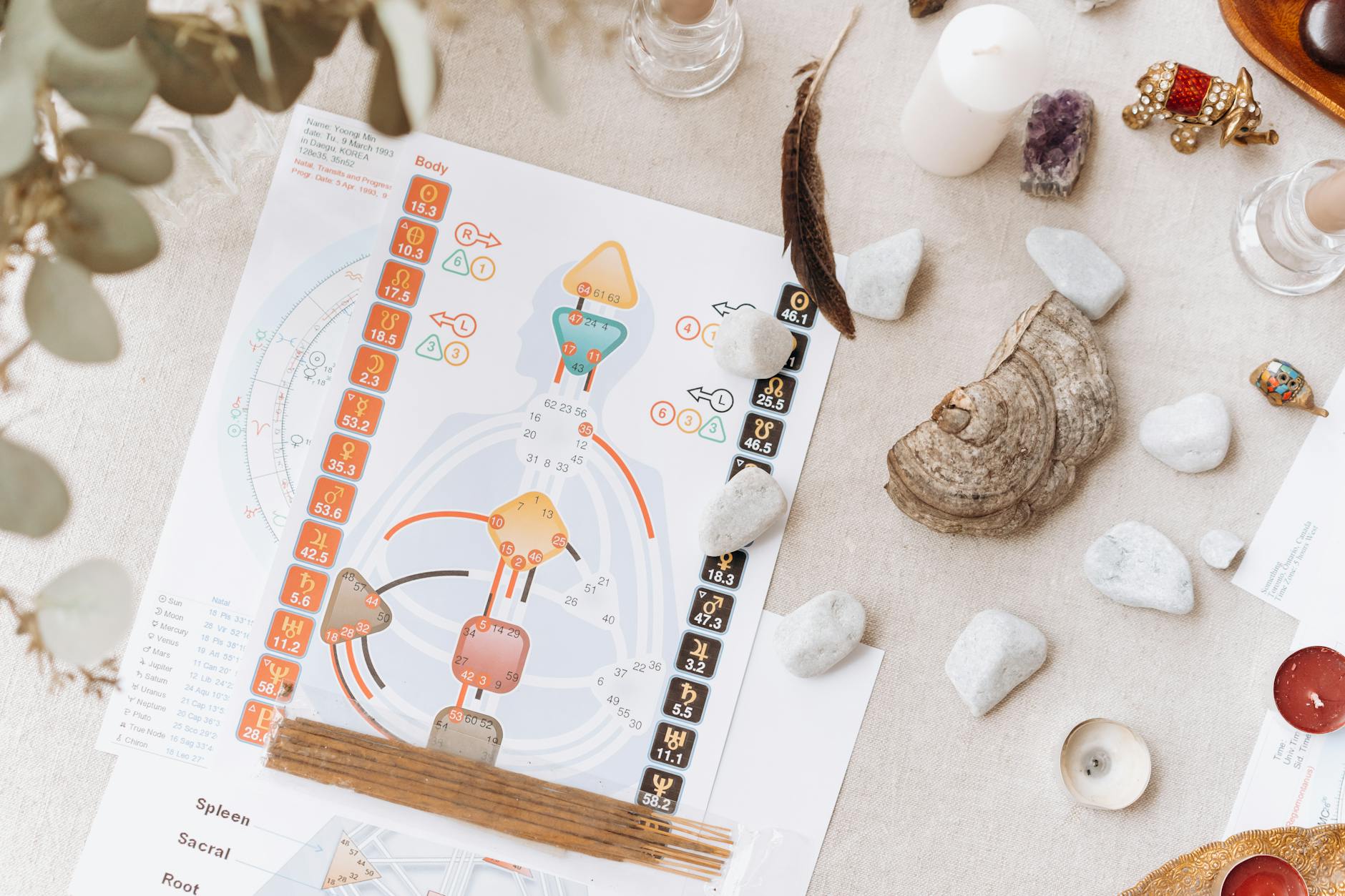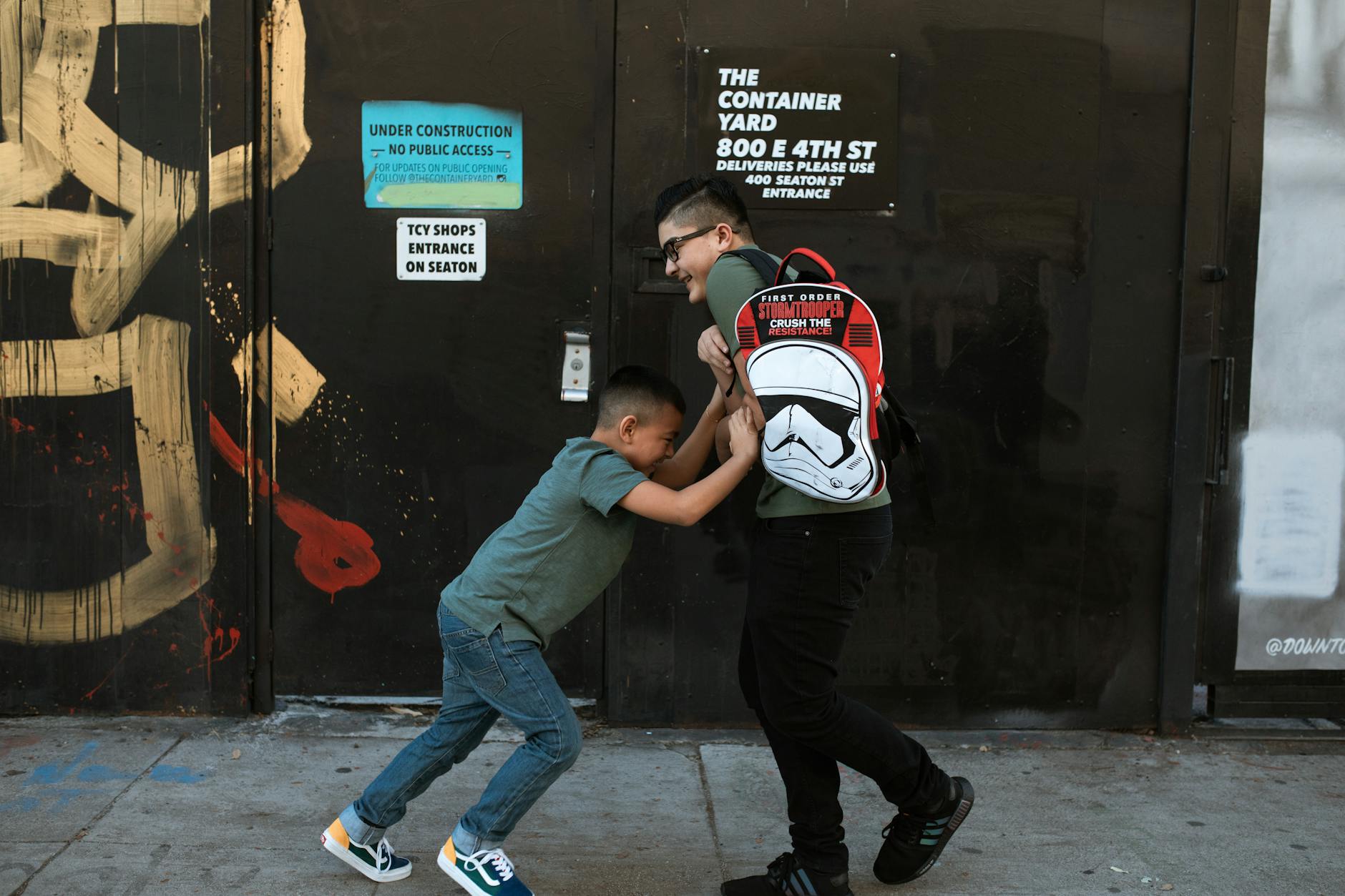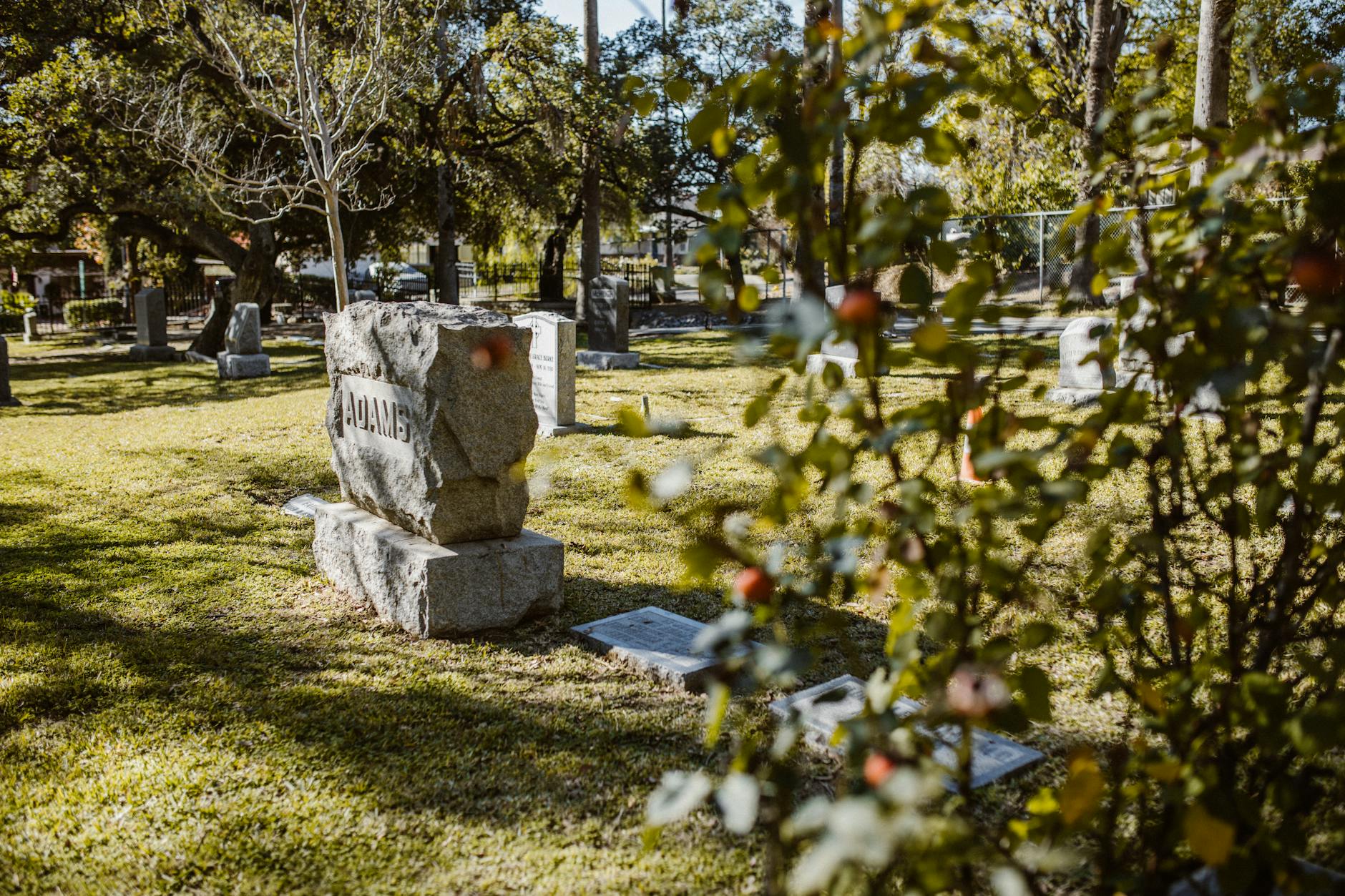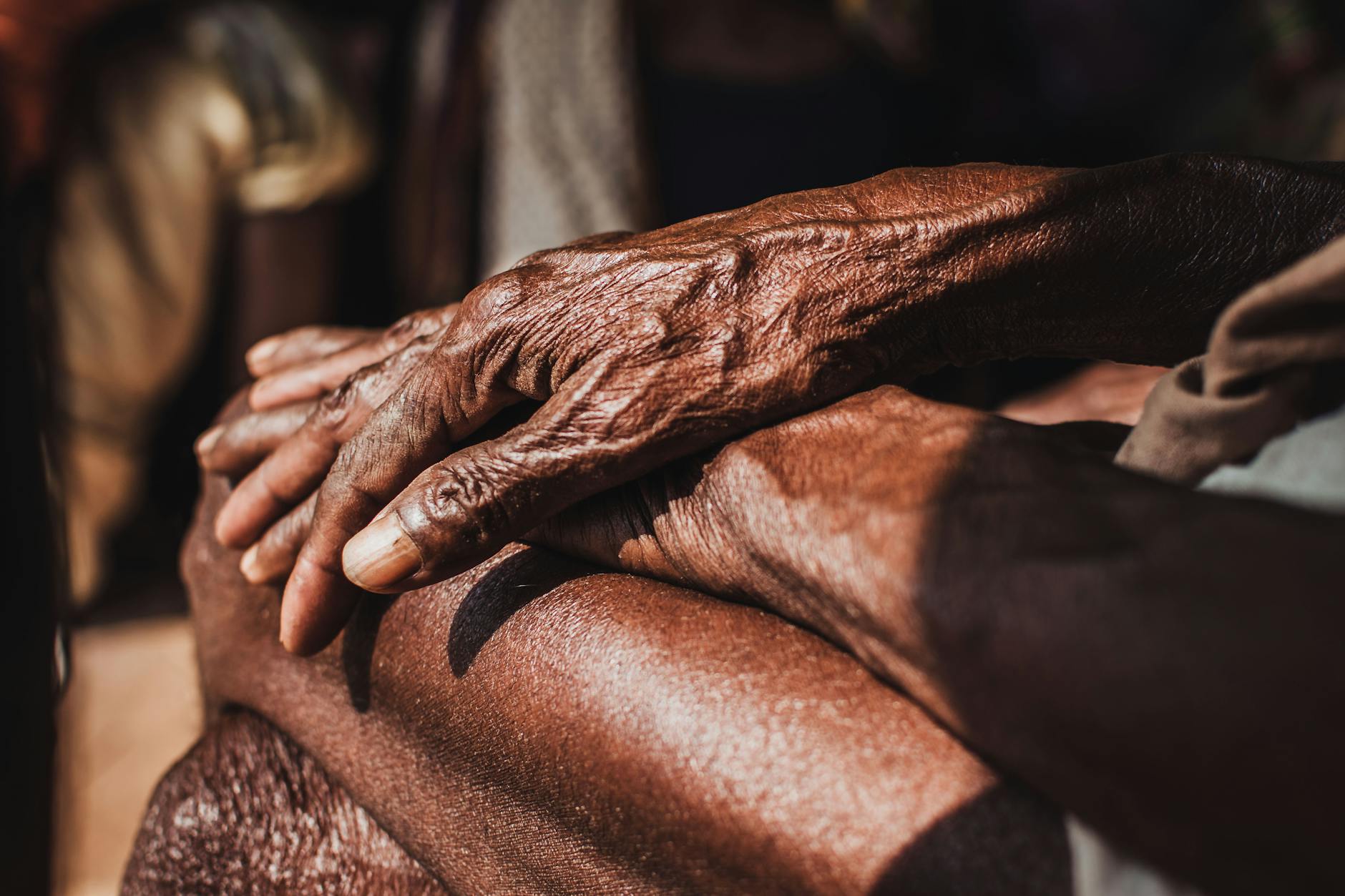Echoes of Loss, Seeds of Change: A Family’s Fight Against Intimate Partner Violence
From tragedy to activism, a community rallies to prevent future heartbreak.
The brutal killing of Bailey McCourt, a 32-year-old mother of two, has sent shockwaves through Kelowna, British Columbia. Her death, a violent act of intimate partner violence, has galvanized her grieving family to launch a powerful advocacy campaign aimed at preventing similar tragedies. This initiative seeks to shed light on the pervasive issue of domestic violence and to advocate for systemic changes that can offer greater protection to victims.
A Brief Introduction On The Subject Matter That Is Relevant And Engaging
Intimate partner violence (IPV) is a serious and often hidden epidemic that affects individuals across all demographics. It encompasses a range of abusive behaviors, including physical, sexual, emotional, and financial abuse, perpetrated by a current or former partner. The consequences of IPV can be devastating, leading to physical injury, mental health issues, and, as in the tragic case of Bailey McCourt, loss of life. This campaign, born from personal grief, aims to transform sorrow into action, raising public awareness and demanding greater accountability and support for those affected by domestic abuse.
Background and Context To Help The Reader Understand What It Means For Who Is Affected
Bailey McCourt was beaten to death with a hammer in a Kelowna parking lot on July 4th. The details of her death are harrowing and serve as a stark reminder of the dangers many face within their own relationships. This incident is not an isolated event; statistics consistently show that intimate partner violence is a significant contributor to homicides and serious assaults. For the family left behind, the loss is immeasurable, compounding the trauma of the violence itself. This campaign recognizes that the impact of such violence extends far beyond the immediate victim, affecting children, wider family networks, and entire communities. Understanding the context of IPV is crucial to recognizing its patterns and implementing effective prevention strategies.
In Depth Analysis Of The Broader Implications And Impact
The advocacy campaign initiated by Bailey McCourt’s family has far-reaching implications for how society addresses intimate partner violence. By sharing their story, they are not only honoring Bailey’s memory but also challenging the silence and stigma that often surround domestic abuse. This public outcry can lead to increased pressure on policymakers to enact stronger legislation, improve support services for victims, and enhance the effectiveness of law enforcement and the justice system in dealing with cases of IPV. Furthermore, the campaign’s focus on prevention highlights the need for educational programs that address the root causes of violence, promote healthy relationship dynamics, and empower individuals to recognize and escape abusive situations. The economic and social costs of IPV are substantial, impacting healthcare systems, workplaces, and community resources, making effective prevention and intervention a crucial societal investment.
Key Takeaways
- Intimate partner violence can lead to fatal outcomes, as tragically demonstrated by the death of Bailey McCourt.
- The family’s advocacy campaign aims to raise awareness and drive change in the prevention of domestic violence deaths.
- IPV affects not only the direct victim but also their children, families, and the broader community.
- Effective prevention requires a multi-faceted approach including legislative reform, improved support services, education, and cultural shifts.
- Personal stories of resilience and loss can be powerful catalysts for societal change.
What To Expect As A Result And Why It Matters
As this advocacy campaign gains momentum, we can anticipate increased public discourse surrounding intimate partner violence. This could translate into greater demand for specialized training for law enforcement and legal professionals, as well as enhanced funding for shelters and support organizations. The campaign’s success will be measured not just in public awareness but in tangible policy changes and a measurable reduction in IPV fatalities. It matters because every life lost to intimate partner violence represents a profound failure of our collective responsibility to protect vulnerable individuals. By amplifying the voices of survivors and those affected by loss, this campaign is striving to build a future where such tragedies are no longer a common occurrence.
Advice and Alerts
For individuals experiencing or witnessing intimate partner violence, it is crucial to remember that help is available. Reaching out is a sign of strength, not weakness. If you or someone you know is in immediate danger, please contact emergency services. For those seeking support, confidential resources are readily accessible. Educating oneself and others about the signs of abusive relationships and the available resources is a vital step in prevention. Be an ally by listening without judgment, believing survivors, and supporting organizations working to combat domestic violence. Families and friends can also play a critical role by providing a safe space for victims to confide and by helping them connect with professional assistance.
Annotations Featuring Links To Various Official References Regarding The Information Provided
- Canadian Domestic Violence Statistics: Statistics Canada provides comprehensive data on family violence, including intimate partner violence. For more information, visit Statistics Canada – Family Violence.
- Victim Services Ontario: Offers a range of services and support for victims of crime in Ontario. Their website includes information on how to access help: Victim Services Ontario.
- Women’s Shelters Canada: A national organization that supports women’s shelters and advocates for an end to violence against women. Find resources and information at Women’s Shelters Canada.
- Battered Women’s Support Services (BWSS): BWSS offers a wealth of resources and support for women experiencing violence, including safety planning and counseling: Battered Women’s Support Services.
- Kelowna Community Resources: For local support services in the Kelowna area, Kelowna Community Resources can provide guidance and connections to various programs: Kelowna Community Resources.

